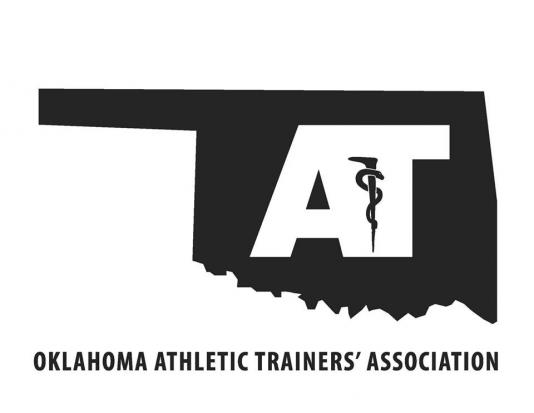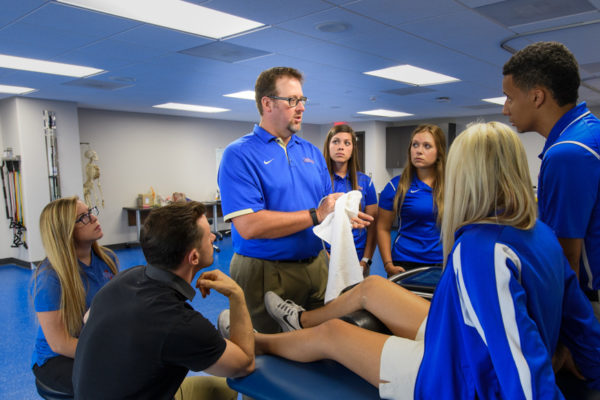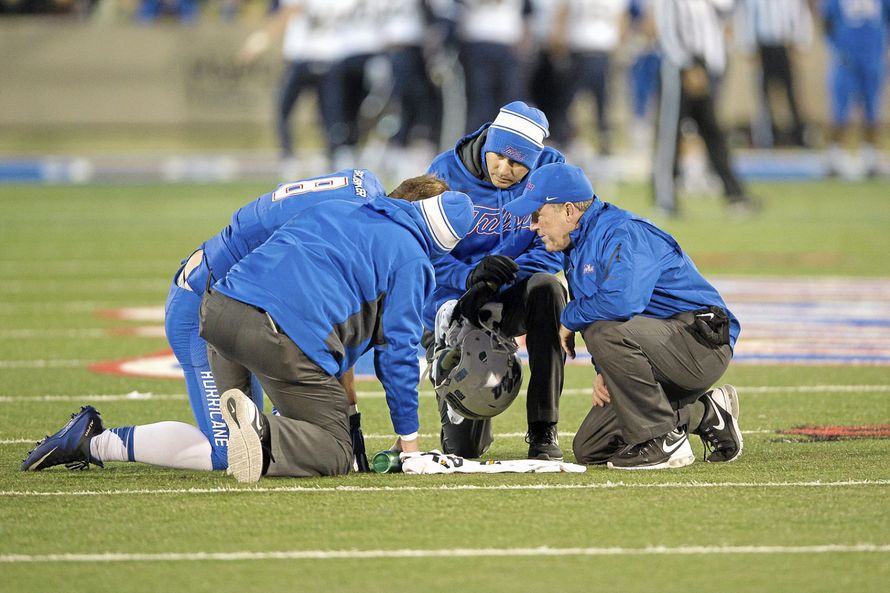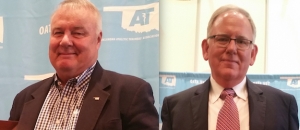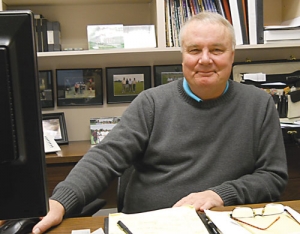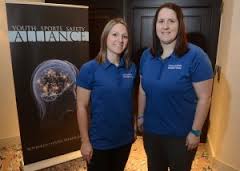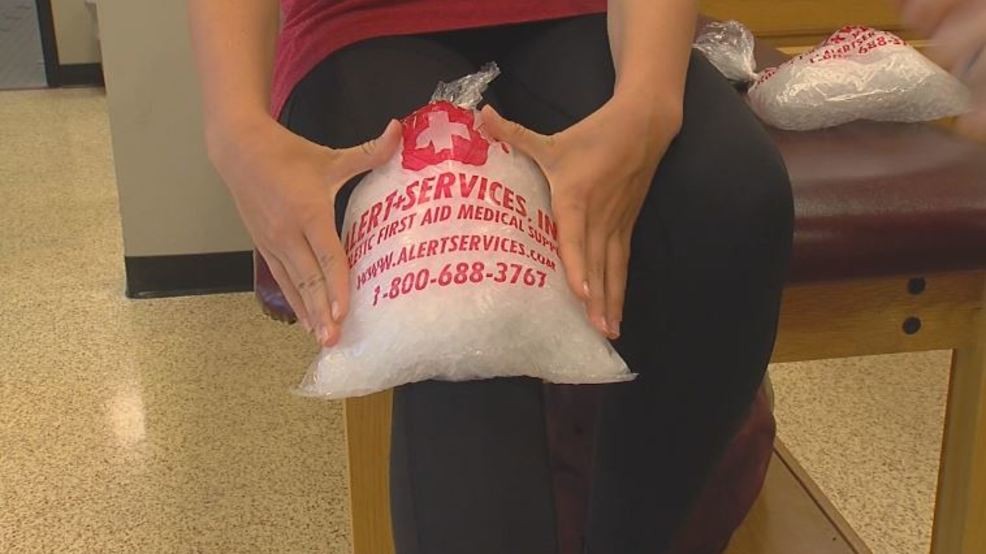
Article reposted from ABC 8 Tulsa
Author: Charles Ely
The Oklahoma Athletic Trainers Association is conducting a campaign to improve the safety of high school athletes.
That group reports 9 percent of Oklahoma high schools have trainers on staff and less than 30 percent have access to a professional trainer.
They said that ranks us last in the U.S. where the average is almost 75 percent.
In Jenks, they have a full training staff and facilities. That district has made the investment because sports injuries can have long-term consequences if not handled properly.
Head athletic trainer Michael Catterson says that starts immediately after an injury takes places.
Catterson said, “In the case of broken bones, if they’re not splinted properly they can cause more damage. Concussion on the sidelines or cervical neck injuries, a lot of times in our profession we have to prepared for the worst-case scenario.”
He said those injuries that get fast and proper care tend to heal more quickly.
At peak times in Jenks, they can be treating 60 or 70 of 1,000 kids who take part in sports.
Since good care up front is crucial, this state’s trainers are pushing to get more help on the sidelines.
Darren Lunow is the president of the Oklahoma Athletic Trainers Association and he said schools have done it during the budget crisis.
Lunlow said, “They’ve filled some of their science or math teaching positions with athletic trainers. They’ve likewise brought athletic trainers in as risk management for their entire district. They’ve seen their liability insurance go down.”
There’s also a trade off in the fact that the more care the school provides the less it costs the parents.
Having care on campus is very efficient for everyone. It means fewer trips to a doctor’s office and more time with the books.
Catterson said, “They don’t have to miss school to get their therapeutic exercise. They can do it here during sixth hour or before school.”
Only about half the schools in the Tulsa metro have athletic trainers.
Lunlow said the farther you go from our big cities, the lower the number.
